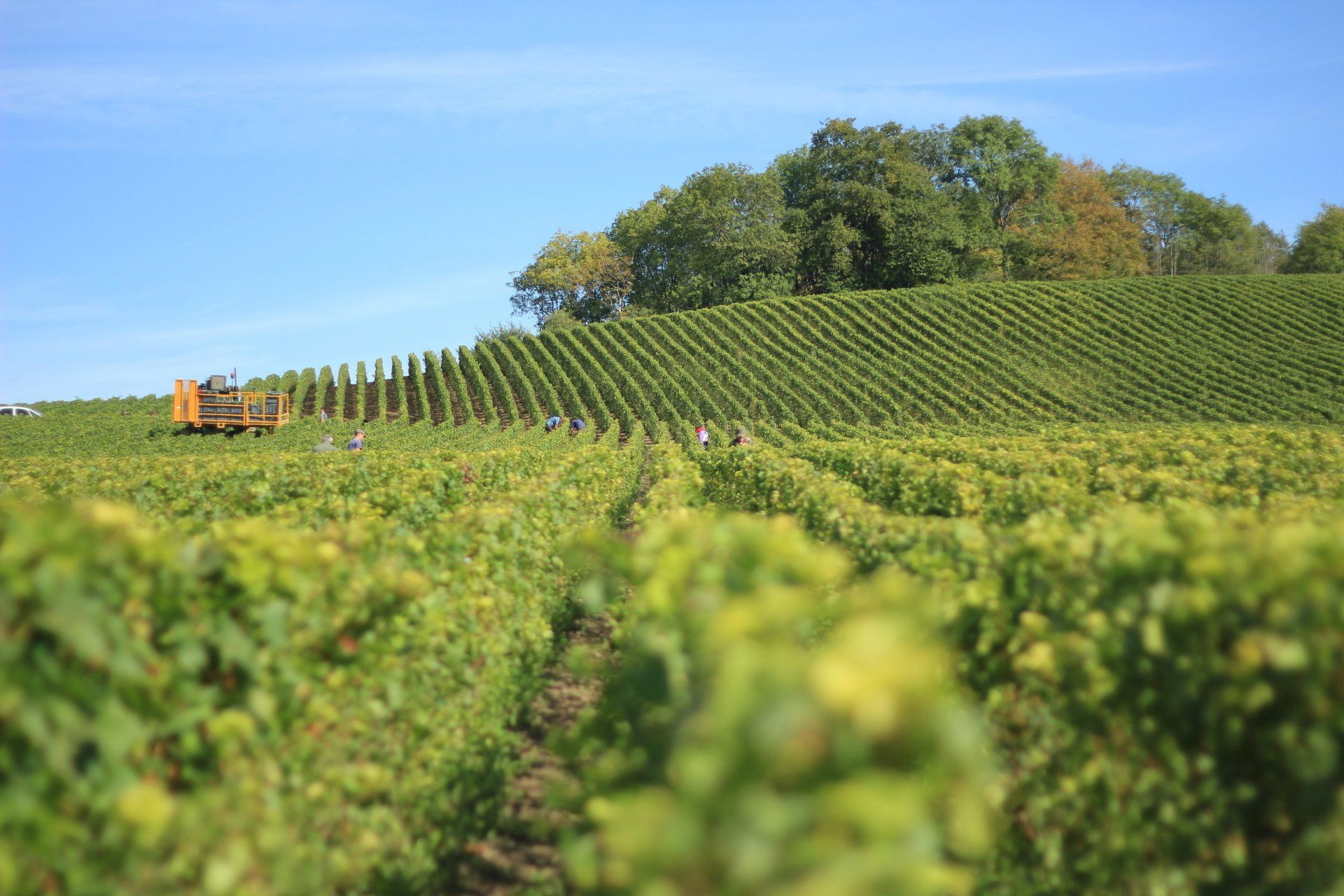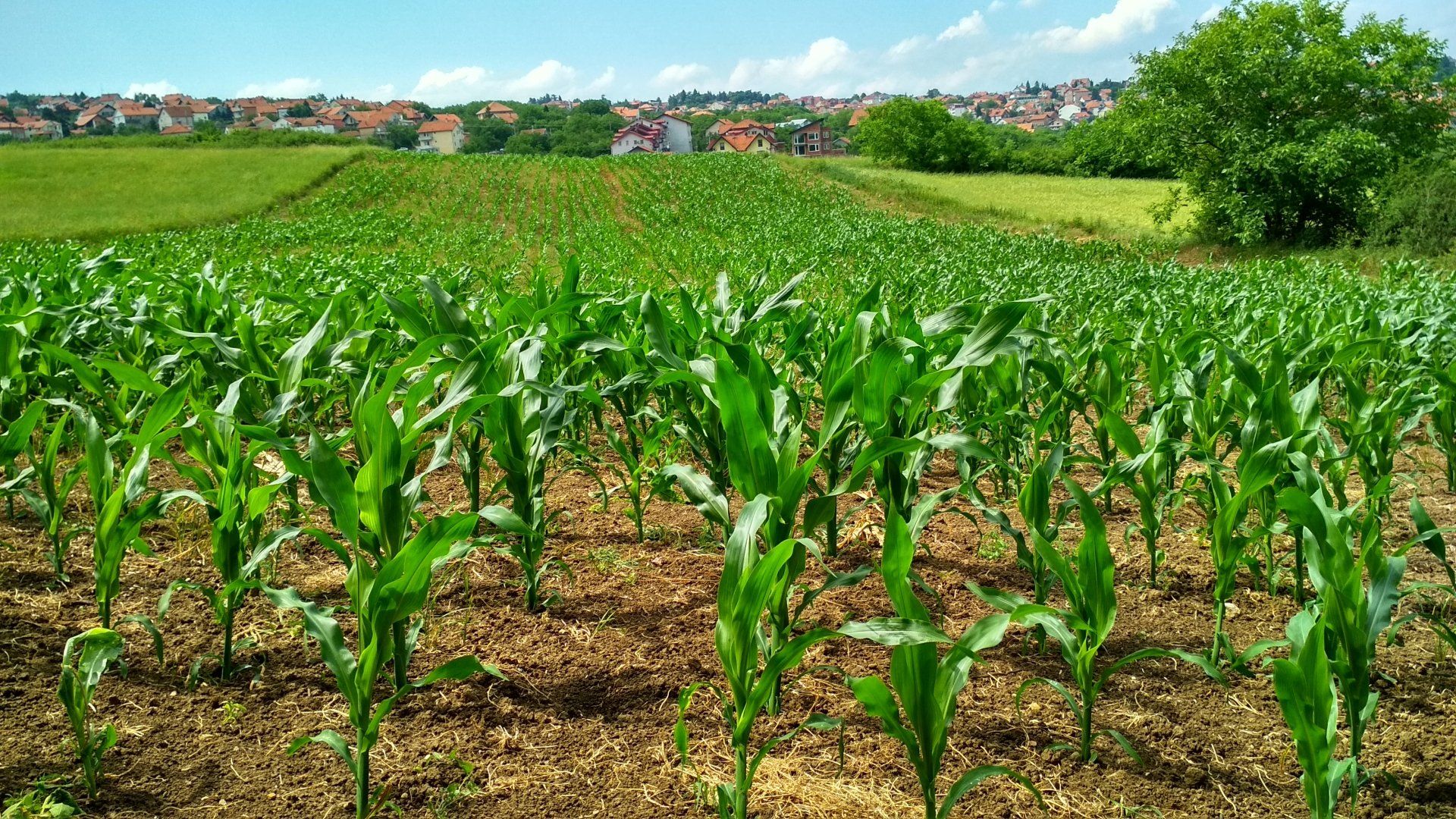Exploring the Role of Enzymes in Composting
Composting is a complex process that involves organic waste and microbes, but what role do enzymes play in helping to break down the materials? Let's explore three important enzymes involved in composting and how they help to break down organic matter.
Fungal Enzymes
The first type of enzyme involved in composting is fungal enzymes. Fungal enzymes can break down lignin, a hardy material found in plant cell walls that can be difficult for other organisms to degrade. The presence of fungal enzymes helps to speed up the process of breaking down lignin into smaller particles, making it easier for other microorganisms to take over the decomposition process.
Bacterial Enzymes
The second type of enzyme involved in composting is bacterial enzymes. Bacteria produce these enzymes, which break down carbohydrates like sugar and starch. These substances are readily available; therefore, bacteria can quickly absorb them and release energy from them. This absorption also causes a rapid temperature rise, which helps speed up the composting process even further.
Actinomycetes Enzymes
The third type of enzyme involved in composting is actinomycetes enzymes. Actinomycetes are bacterial microorganisms. Unique properties make them ideal for degrading organic matter like cellulose. They play an important role in breaking down cellulose into smaller pieces. Other microorganisms can then easily digest them, and use them as fuel during the later stages of composting.
Enzymes are crucial components of the composting process. They help break down organic materials more quickly and efficiently. Fungal enzymes help degrade lignin, bacterial enzymes speed up carbohydrate digestion, and actinomycetes aid cellulose degradation at later stages of composting.




